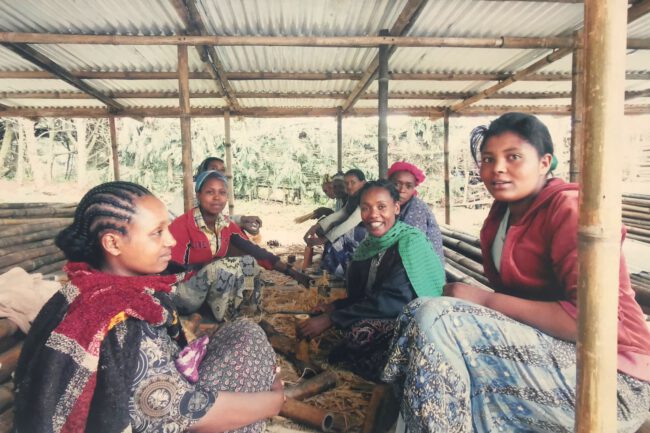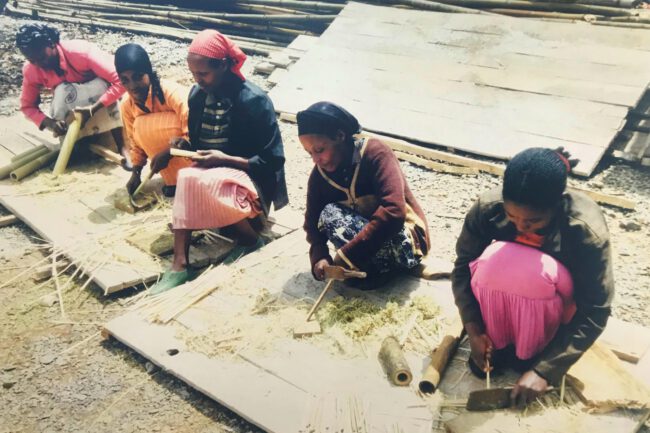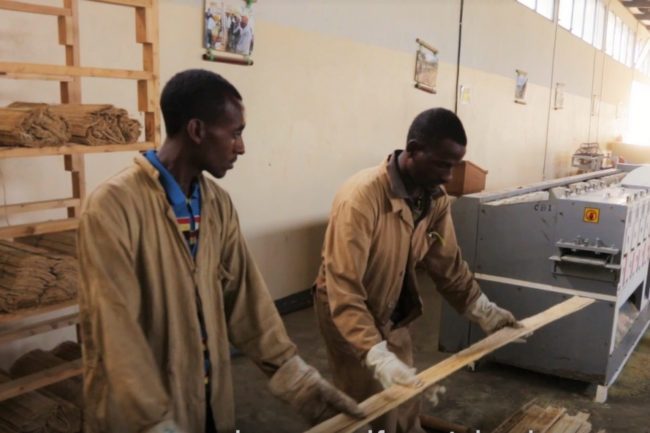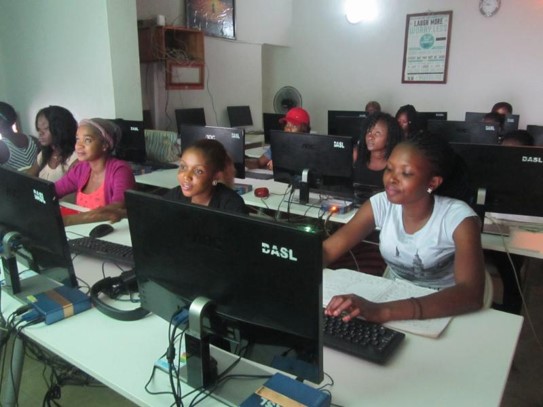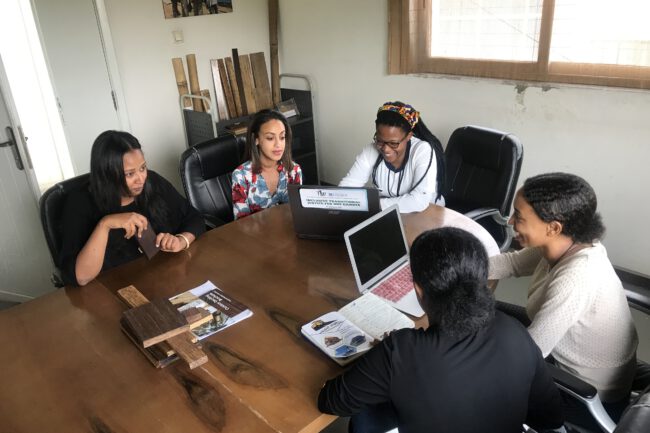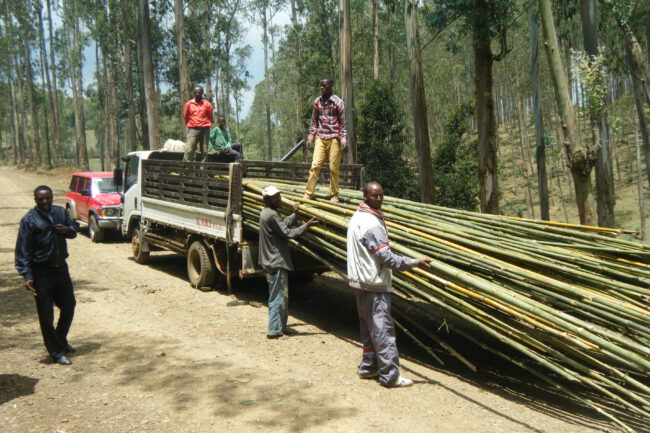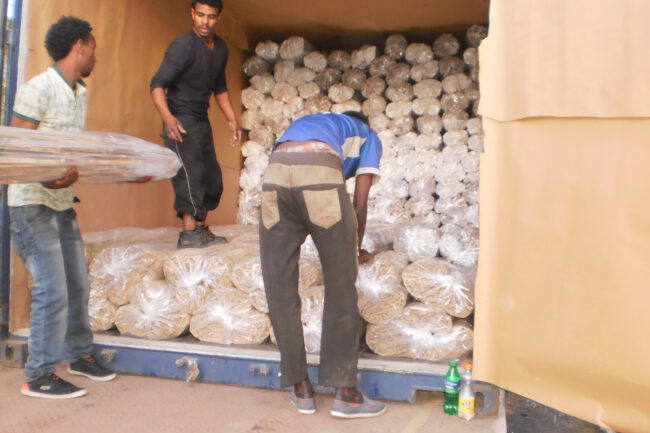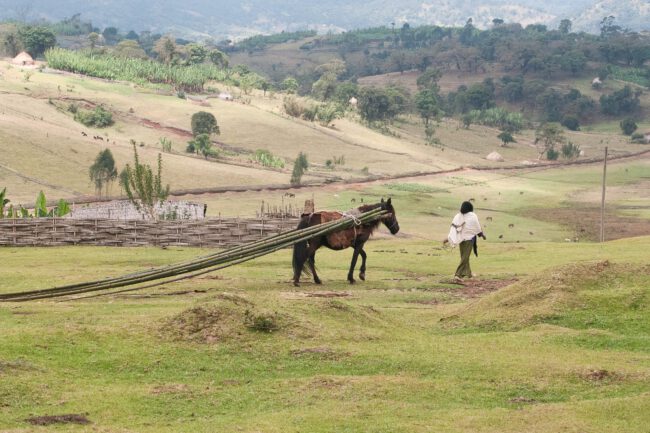Serafin Campestrini (SECA) aims to develop youth and women employment opportunities through Ethiopia’s Bamboo value chain. Our partnership aims to transform Ethiopia’s bamboo sector by creating a marketplace to trade in bamboo goods and services parallel to the manufacturing and export of value-added products.
The Problem
Global demand for natural building material is outstripping supply leading to shortages and ever-increasing prices. Timber market size is set to double in the coming decade from €500B in 2020 to €1,000B in 2030. Supply is diminishing from conventional sources with 7% tree cover loss globally from 2010 to 2020 amounting to an annual deforestation rate of 26M. This has resulted in a 200% price explosion for natural building materials since 2010, and this upward trend continues.
The significant challenges faced by female youth in Sidama and Oromia regions are:
- limited waged employment opportunities
- domestic-focused job not paying living wages
- a lack of understanding of markets constrains youth’s ability to run profitable businesses
- an unstable demand for goods and services
The Solution
Over the first two and a half years, our partnership will significantly improve 3,000 farmer livelihoods, create additional entrepreneurial opportunities for 1,696 fe/male youth and generate 604 formal waged jobs. Our partnership provides solutions through the creation of decent jobs, the provision of a functioning framework for bamboo farmer’s cooperatives (COOPS) and youth and women micro enterprises (MSMEs). We also provide significant and consistent demand for goods and services, access to capital, an array of trainings and most importantly, the space to thrive.
Our activities include:
1. Establishing a digital market platform to facilitate real-time buying and selling of bamboo goods and services.
2. Developing, establishing, strengthening, and scaling of the COOPS and MSMEs to engage with the market.
3. Enabling access to start-up funding and working capital facility for the COOPS & MSMEs through financial institutions.
4. Training and equipping of the COOPS and MSMEs in order to effectively trade in bamboo goods and services.
5. Investing in the production and market capacity in order to create demand for bamboo goods and services.
Our project addresses resilience in young people by connecting them with employment and entrepreneurship opportunities through training (push), access to credit and seed funding (pull), and market off-take linkage (pull). Youth and particularly young women are empowered (enable) to establish group based micro-enterprises and cooperatives to obtain: seed-funding, loans, and off-take contracts. The “push, pull, pull, enable” approach is expected to overcome the unorganized nature of the bamboo sector.
Additionality
CFYE unlocks the means to commercially engage and integrate youth and women into the business in a continuous basis. Further, CFYE enables the consortium to create and improve employment and entrepreneurship opportunities through training (push), access to credit and seed funding (pull), market off-take (pull), and for the empowerment (enabling) of youth and particularly young women. The result is the creation of 2,300 jobs and huge improvement in the livelihoods of 3,000 farmers.
